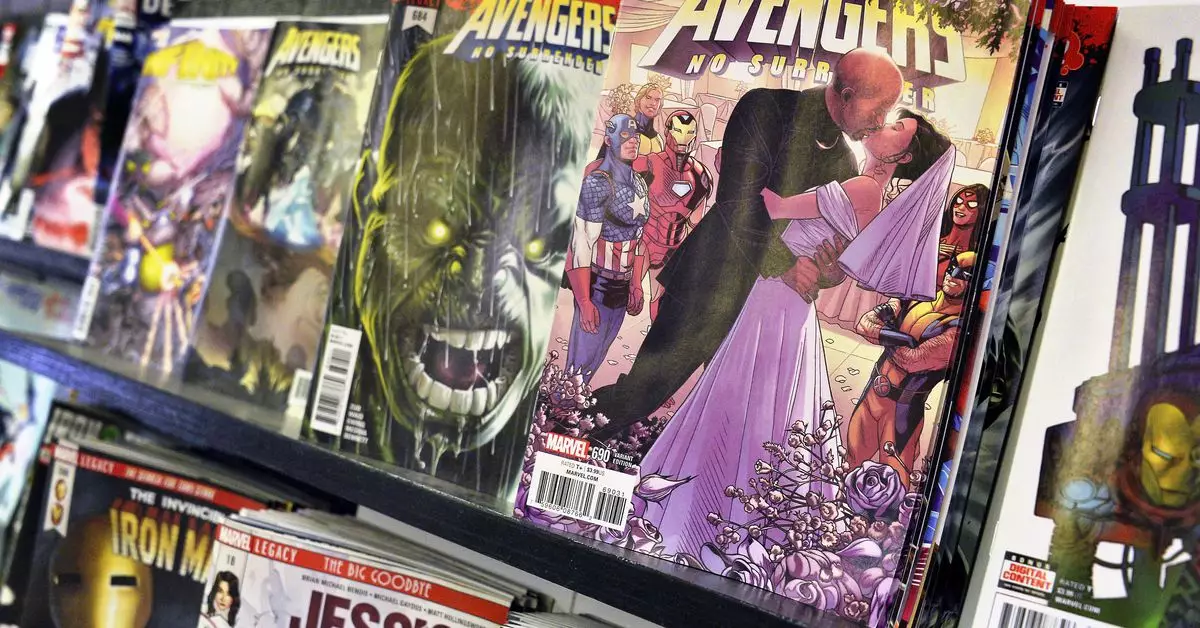For decades, Marvel and DC Comics have been synonymous with the term “Super Hero,” co-owning the trademark that defines the very essence of the genre. However, recent developments are shaking the foundation of this long-established norm. The US Patent and Trademark Office (USPTO) has canceled several trademarks shared by these comic giants, signaling a potential shift in the comic industry’s trademark landscape.
The catalyst behind this seismic shift stems from a small independent company, Superbabies Limited, which produces a series of comic books centered around superhero babies. When its creator, S.J. Richold, attempted to promote this unique take on the superhero genre, he was confronted by DC Comics, which sought to block his promotional activities. Feeling aggrieved by this attempt to quash his creative project, Richold decided to challenge the joint ownership of the “Super Hero” trademark held by Marvel and DC.
This legal battle culminated in the USPTO’s decision to cancel four significant trademarks, including the original “SUPER HERO” registration from 1967. This action raises questions not only about the future of the trademark but also about the implications for independent creators venturing into a saturated market long dominated by two powerful entities.
The cancellation of these trademarks could have far-reaching consequences for both Marvel and DC. With the loss of exclusive control over the “Super Hero” label, there is a possibility that new characters and stories could emerge without intimidation from these industry titans. The opening of the trademark landscape may invite a wave of innovation, encouraging budding creators to explore original superhero concepts without the fear of legal repercussions.
Concurrently, it signals a demand for a re-evaluation of how intellectual property rights are enforced within the comic book industry. The traditional gatekeepers may need to adopt a more supportive approach towards independent creators, fostering an environment of cooperation rather than confrontation.
Legal experts and commentators have started delving into the implications of this landmark decision. Adam Adler, one of the legal representatives involved in the trademark challenge, has written a two-part series addressing the intricacies of trademark ownership between Marvel and DC. These insights shed light on the historical context of their shared ownership and highlight the necessity of a more nuanced approach in contemporary trademark disputes.
As this situation unfolds, it offers an opportunity to rethink the dynamics of creativity, ownership, and cooperation in the comic book world. The possibilities for independent stories are boundless, and it remains to be seen how the larger companies will adapt to a changing landscape.
The cancellation of Marvel and DC’s trademark claims marks a significant chapter in comic book history. It underscores the challenges tied to intellectual property in a rapidly evolving industry. As independent voices begin to resonate more strongly, the industry may find a new balance that values creativity while still respecting the legacy established by these beloved giants. The future of superhero narratives may very well lie in this newfound freedom, paving the way for a thriving ecosystem of innovative storytelling.


Leave a Reply